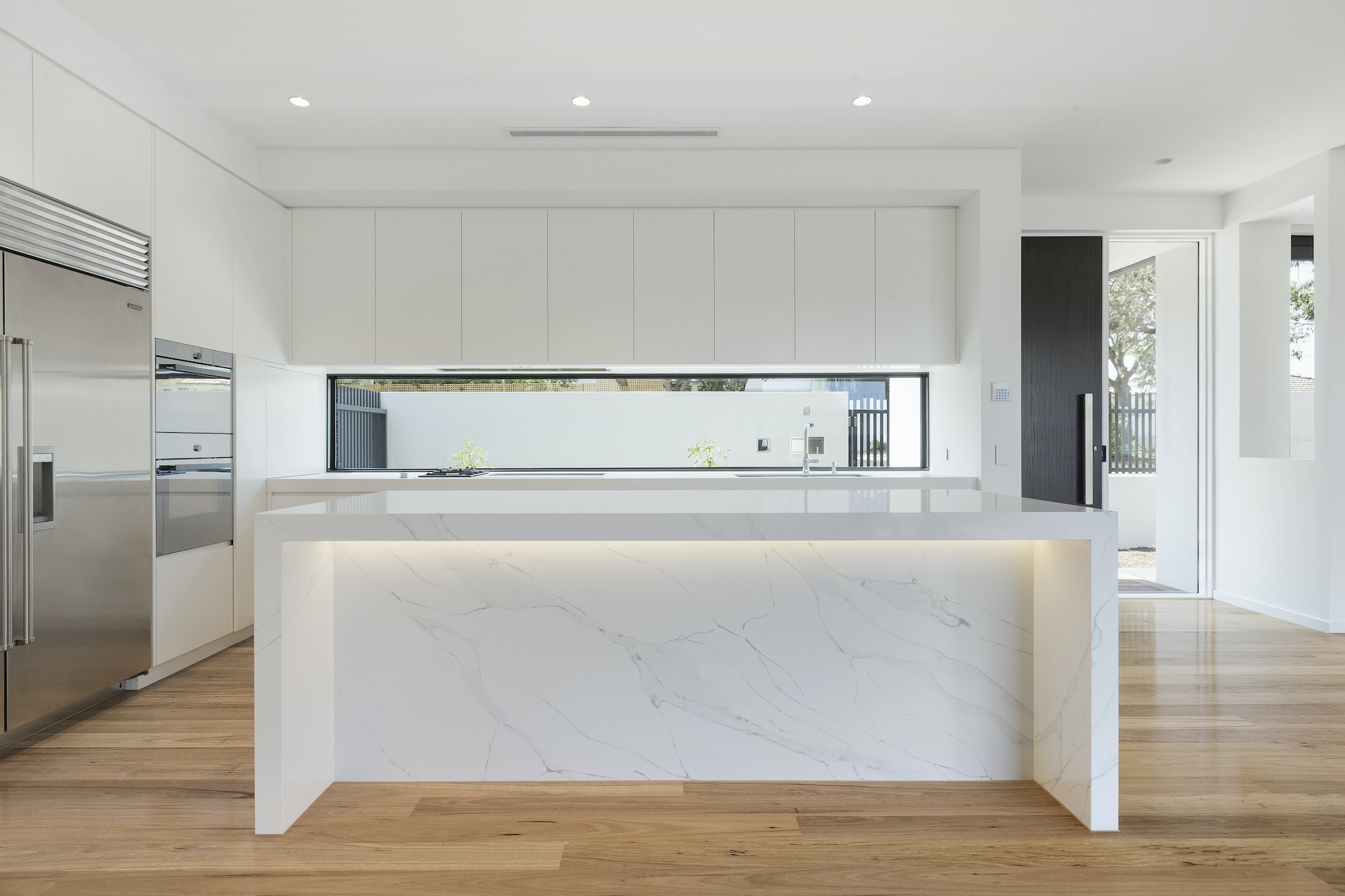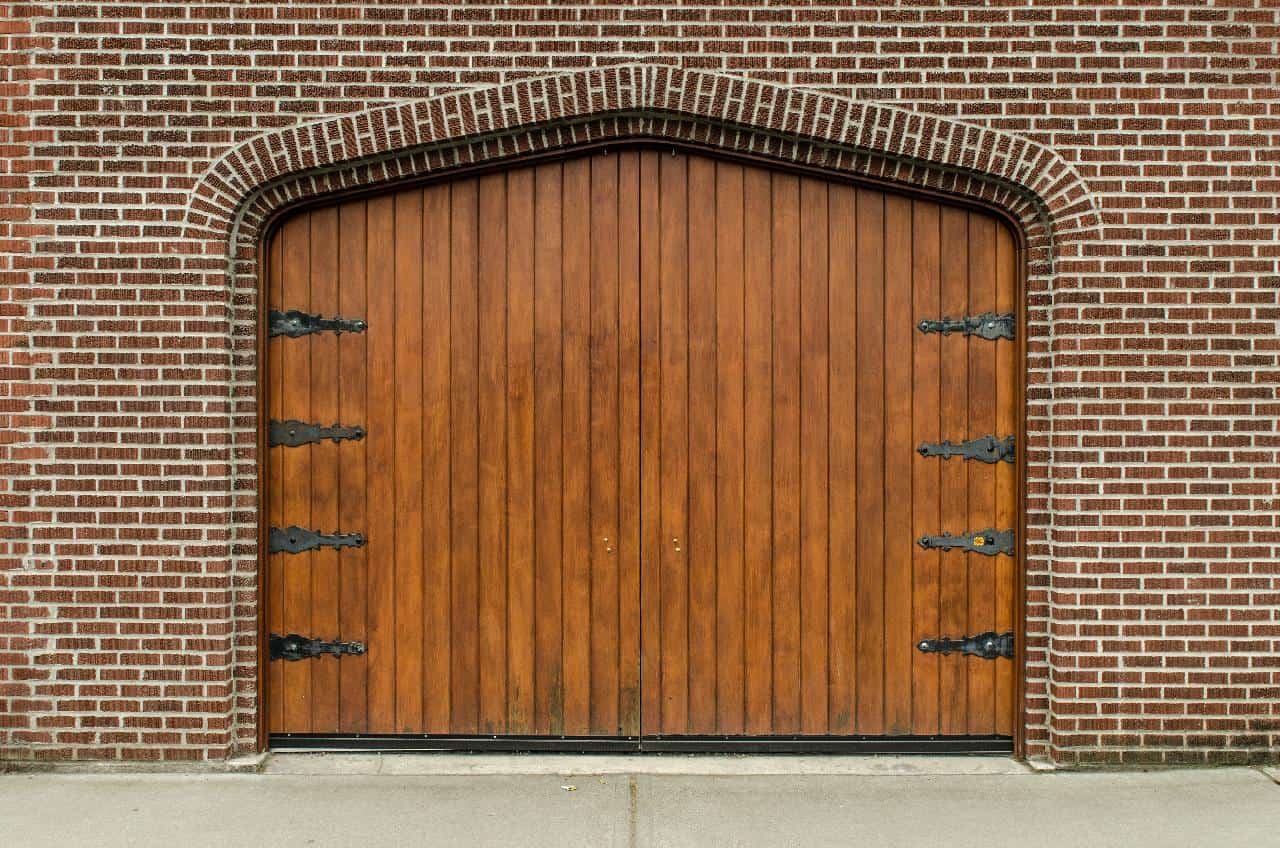When selecting an HVAC (Heating, Ventilation, and Air Conditioning) system, efficiency is a priority for most homeowners. One crucial metric for evaluating the efficiency of these systems is the SEER (Seasonal Energy Efficiency Ratio) rating.
Understanding SEER ratings is essential for making informed decisions when purchasing, upgrading, or maintaining your HVAC system. This guide will explain SEER ratings, why they matter, and how they impact energy consumption and costs.
What is a SEER Rating?
SEER stands for Seasonal Energy Efficiency Ratio. It is a metric used to measure the efficiency of air conditioners and heat pumps. The SEER rating is calculated by taking the cooling output during a typical cooling season and dividing it by the total electric energy input during the same period. It tells you how efficiently an HVAC system can cool your home over an entire season.
How is SEER Calculated?
The SEER rating is calculated by taking the total amount of heat the air conditioner removes in BTUs (British Thermal Units) and dividing it by the total energy the air conditioner uses in watt-hours.
SEER Rating Scale
SEER Rating Scale SEER ratings typically range from 13 to 25. The higher the SEER rating, the more efficient the HVAC system is. For example, an air conditioner with a SEER rating 20 is significantly more efficient than one with a SEER rating of 14.
The U.S. Department of Energy’s new energy regulations mandate that air conditioners have a minimum SEER rating of 13, with most units rated between 13 and 21 SEER. American Standard Heating and Cooling offers air conditioners with SEER ratings ranging from 14.5 to 22.
Why SEER Ratings Matter
Learn why SEER ratings are important metrics to consider.
Energy Efficiency
Higher SEER ratings indicate better energy efficiency. An efficient HVAC system uses less electricity to achieve the same level of cooling as a less efficient system. Systems with higher SEER ratings consume less energy, which can translate to lower utility bills.
Environmental Impact
More efficient HVAC systems reduce the overall electricity demand, which can lower the strain on power plants and reduce greenhouse gas emissions. Choosing a system with a higher SEER rating can be environmentally responsible.
Cost Savings
Although systems with higher SEER ratings often have a higher upfront cost, they can save you money in the long run. Reducing energy consumption can lead to significant savings on energy bills.
According to the U.S. Department of Energy, upgrading from a SEER 9 to a SEER 14 can reduce energy usage by over 35%. For example, if you’re currently spending $100 monthly on cooling costs, switching to a SEER 14-rated air conditioning system could save you up to $35 on your monthly utility bill.
Comfort and Performance
Higher SEER-rated systems often feature advanced technology that can enhance home comfort. These systems may include variable-speed compressors and fans that provide more consistent cooling and maintain a more stable indoor temperature, which can lead to improved overall comfort and indoor air quality.
Choosing the Right SEER Rating for Your Home
Consider the following factors to ensure you choose an HVAC system with the right SEER rating.
Climate Considerations
The ideal SEER rating for your home can depend on your local climate. Investing in a higher SEER-rated system can yield more significant energy savings and comfort benefits in regions with hotter summers and longer cooling seasons. In milder climates, the cost savings from a high SEER unit might be less pronounced.
Budget and ROI
Evaluate your budget and consider the return on investment (ROI). While higher SEER systems cost more upfront, calculate the potential energy savings over the system’s lifespan to determine if the investment is worthwhile.
Professional Guidance
Choosing the right HVAC system can be complex, and it’s beneficial to seek the advice of professionals. The team of HVAC technicians at Apple Plumbing, Heating & Air can assess your home’s specific needs, help you find the right HVAC system for your needs, and ensure that the system is installed correctly. Their expertise can help you balance upfront costs with long-term savings and comfort. They have delivered plumbing and HVAC services in Westminster for over 30 years, assisting homeowners, businesses, and general contractors optimize their systems.
Discover more from Futurist Architecture
Subscribe to get the latest posts sent to your email.




